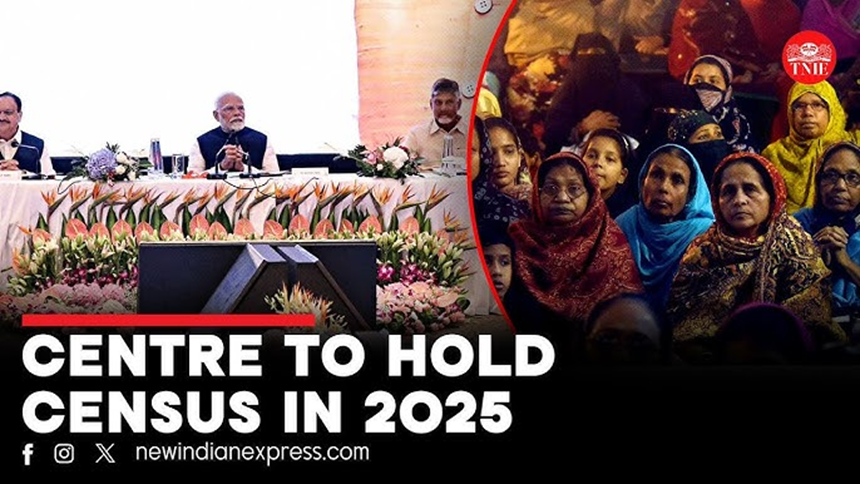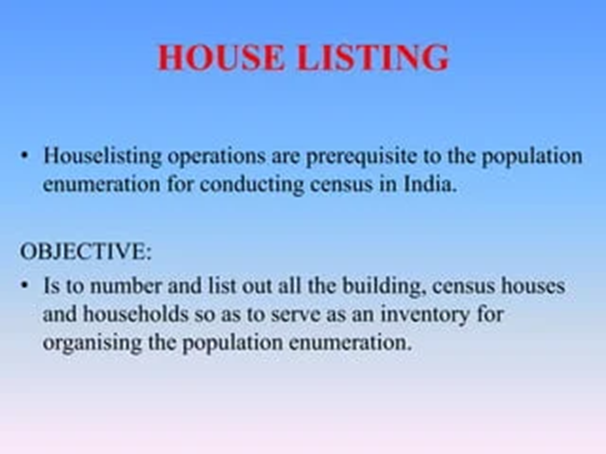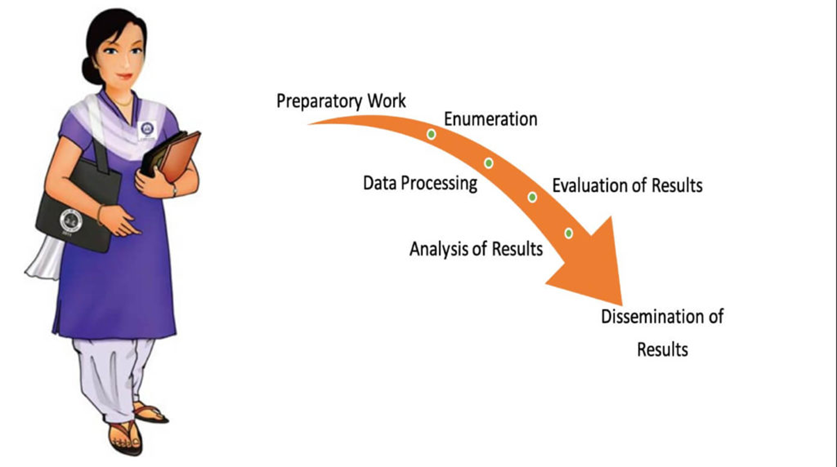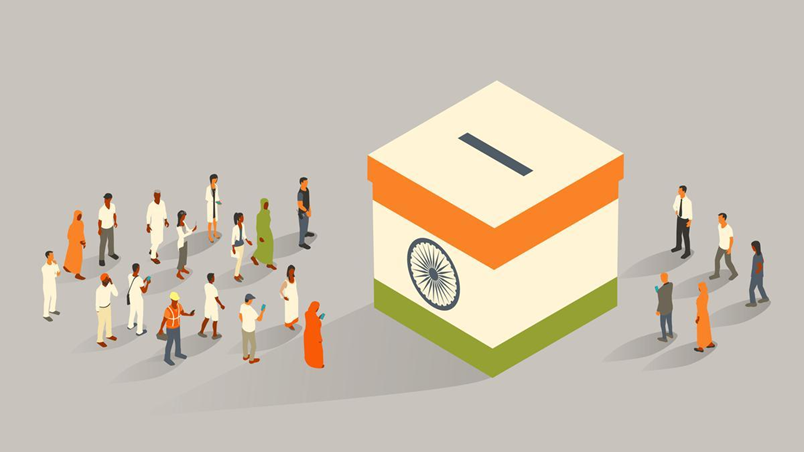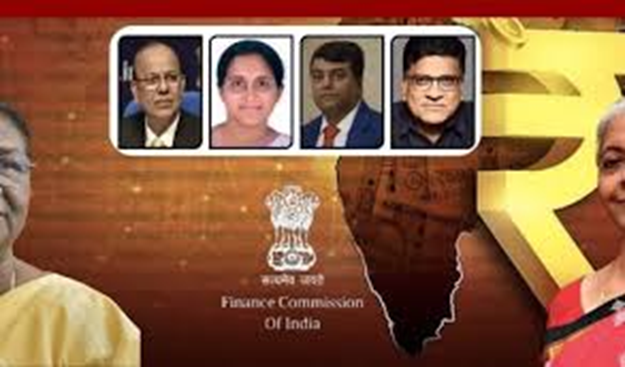The government is expected to begin the next census, an official survey of the country’s population, in 2025 after a four-year-long delay, sources said on Monday. The process will commence in 2025 and is expected to continue until 2026. This development comes amid demands from several opposition parties for a caste census. However, the government has not yet made a decision, and the details of the census process are yet to be made public.
Centre To Begin Census From 2025
Why In News
- The government is expected to begin the next census, an official survey of the country’s population, in 2025 after a four-year-long delay, sources said on Monday. The process will commence in 2025 and is expected to continue until 2026. This development comes amid demands from several opposition parties for a caste census. However, the government has not yet made a decision, and the details of the census process are yet to be made public.
- Following the Census, the delimitation of Lok Sabha seats will commence, and this exercise is likely to be completed by 2028. sources indicate that next year’s census may also include surveys of sub-sects within the General and SC-ST categories, in addition to the usual categorisation by religion and social class, as well as counts of General, Scheduled Castes, and Scheduled Tribes.
What Is Census
- Census is the process of collecting, compiling, analyzing and disseminating demographic, economic and social data pertaining, at a specific time, of all persons in a country.
- It is the basis for reviewing the country’s progress in the past decade, monitoring the ongoing government schemes and plan for the future. In India, the Census is conducted 10 years once.
- Census 2011 was the 15th National Census of the country since 1881 (first Census) and the 7th after Independence.
- Census Operations in India have been carried out in two phases:
- Houselisting and Housing Census
- Population Enumeration
- The Population Enumeration follows the Housing Census within a gap of six to eight months.
- In Population Enumeration phase each person is enumerated and her/his individual particulars like Age, Marital status, Religion, mother tongue etc.
Delimitation Angle
- Delimitation, a Constitutional mandate, is supposed to happen after every Census. The process adjusts the number of constituencies of Parliament and state Assemblies in accordance with the latest population figures, to ensure that the number of people represented by any Member of Parliament or Member of Legislative Assembly is roughly the same.
- However, this exercise has been suspended since 1976 due to a lack of political consensus. If the standard logic of delimitation were to be followed, the wide divergence in population growth trends in various states would mean that some would see the number of Parliamentary constituencies reduce, while others would see an increase.
- Southern states have argued that this would amount to punishing them for successfully meeting population control objectives. A delimitation exercise in 2002, following the 2001 Census, involved only the redrawing of existing boundaries of constituencies, and not a change in the number of constituencies.
- As of now, delimitation is suspended till at least 2026. The 84th Constitutional Amendment of 2001 said that the next delimitation can be held only based on the Census conducted after 2026. Therefore, even if the 2021 Census had been held on time, or in 2023 or 2024, delimitation could have been done only after the 2031 Census.
- If the Census, which takes two years to complete, begins next year, delimitation can theoretically happen immediately thereafter. Therefore, if the Census exercise has to begin next year and the government wants to begin the delimitation process afterwards, in time for the 2029 Lok Sabha elections, an amendment to the existing provision may be required.
- The recommendations of the 16th Finance Commission might be a crucial element here. The Finance Commission, a body constituted every five years, recommends the devolution of financial resources between the Centre and states.
- The 16th Finance Commission is supposed to submit its report by the end of next year.
- Further, the Parliament approved the 128th Constitution Amendment last year, reserving 33 per cent of seats in the Lok Sabha and State Assemblies for women. However, it is supposed to come into effect only after the seats in Lok Sabha and State Assemblies are modified, following the delimitation exercise.
Other Demands
- There is also an expectation that the next Census may collect caste data as well to eliminate the need for a separate caste census, which has been demanded by some political parties in recent years.
- The collection of caste data in the Census would not be unprecedented. Some information related to caste was obtained until the 1941 Census and the practice was discontinued only in independent India. In some earlier years, information on caste or sect of people belonging to all religions was obtained in the Census. In other years, only the caste data of Hindus was collected.

